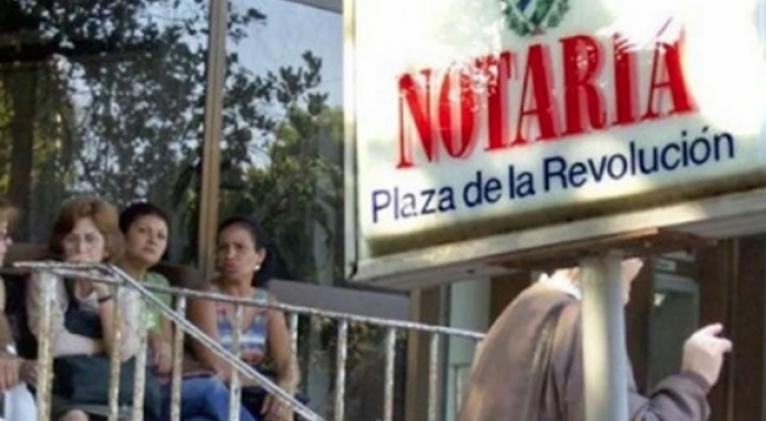
Havana, August 21 - The Ministry of Justice (Minjus) enacted Resolution 284 on August 11, which recognizes the circulation of electronic notarized copies of public documents and certifications from Central and registries in international legal traffic, the newspaper Granma reported.
To achieve this, the institution has developed a digital transformation strategy for legal services since 2019, in partnership with the Information Technology Company for Defense (Xetid), which includes seven projects related to notarial and registry activities.
Olga Lidia Pérez Díaz, General Director of Notaries and Public Registries at Minjus, stated that the strategy has a defined timeline and objectives, under the direction of Oscar Manuel Silvera Martínez, the Minister of Justice, along with a digitalization team coordinating the work of specialists and developers.
Among the regulatory advancements are Decree-Law 51 on Real Estate Registries and Resolution 493 concerning the operation of the Central Registry of Real Property, both effective since 2021, as well as Law 175 on Notaries and the Civil Registry Law, approved by the National Assembly in July 2025.
Pérez Díaz explained that all notaries and registrars have certified electronic signatures, while the property management information system operates in 168 out of 170 registry offices.
Regarding the Civil Registry, she noted that out of more than 35 million registry entries, approximately 15.5 million have been digitized on the Bienestar platform, which has expedited the issuance of immediate certifications to applicants.
Since 2022, more than three million civil registry certifications have been issued each year, and over 2.5 million online certifications have been issued so far this period.
The director also emphasized that, since November 2023, a neural network powered by artificial intelligence has been used in the Civil Registry capable of processing between 8,000 and 10,000 nighttime requests, resulting in the issuance of over 2.8 million certifications.
Online request services are provided through the Minjus website or via the Joven Club de Computación, while the delivery of electronic documents is conducted through secure digital channels or protected external devices.
According to Decree-Law 370 of 2018, electronically signed documents with national certificates prove their authenticity, which supported the issuance of Resolution 284 in 2025 to consolidate the legal validity of digital documents within the Minjus system. (Text and Photo: Cubasí)